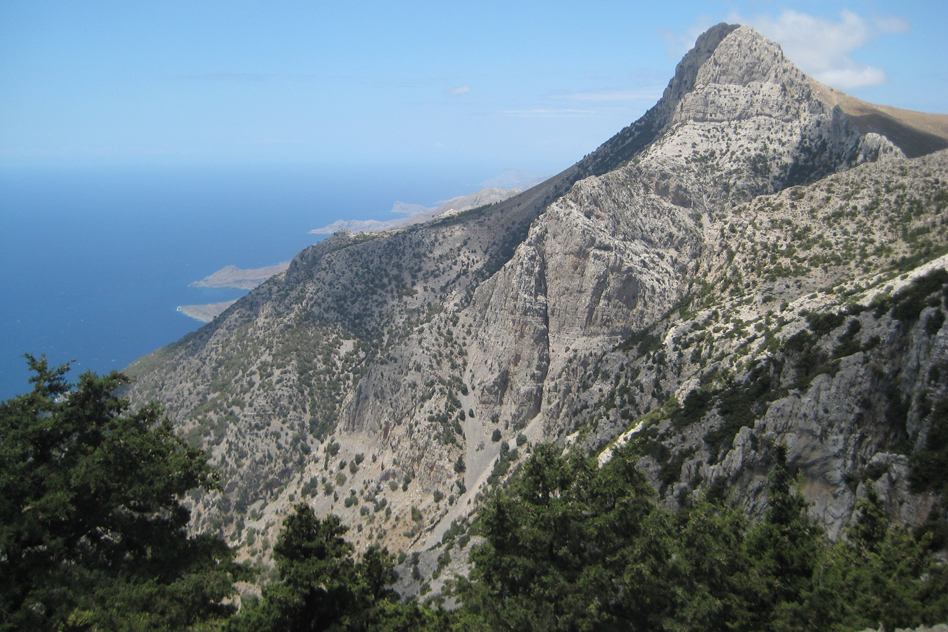2020 Asterousia Hybrid University
Due to the COVID19 pandemic the 2020 Summer University goes hybrid!Background
Since 2014, a series of Summer Universities jointly run by MIO-ECSDE and the UNESCO Venice Office have trained a number of young scientists and managers of Biosphere Reserves (BRs) from Europe, Mediterranean and beyond so as to:
- Develop knowledge and competences on the multiple values of BRs as laboratories and catalysts for sustainable development.
- Offer insights on integrated management approaches for BRs and other designated areas (Natura 2000 sites, parks, etc).
- Offer networking opportunities among sites, agencies and individuals.
- Promote the Man and the Bioshere MAB/UNESCO Programme.
2020 Context
This year has been unprecedented for all of us, all around the world. The pandemic, among its many impacts, is a wake-up call to change entirely the dominating paradigms and our relationship with the environment.
Reading again the MAB vision statement (below), we find it relevant and inspiring as ever before. If a change of narrative is to take place, certainly Biosphere Reserves are ideal places for applying concrete actions allowing for people and the environment to thrive.
A super year for nature and biodiversity
Even before the pandemic, 2020 was viewed as a ‘super year’ for Biodiversity. In the Euro-Mediterranean region, the new EU Biodiversity Strategy for 2030 focuses on fixing our broken relationship with nature for the benefit of people, climate and the planet. The strategy brings the EU in a leading position worldwide in addressing the global biodiversity crisis and in agreeing to an ambitious UN Global Biodiversity Framework (in 2021). Being a core part of the European Green Deal, the EU Biodiversity Strategy is expected to also support a green recovery following the pandemic.
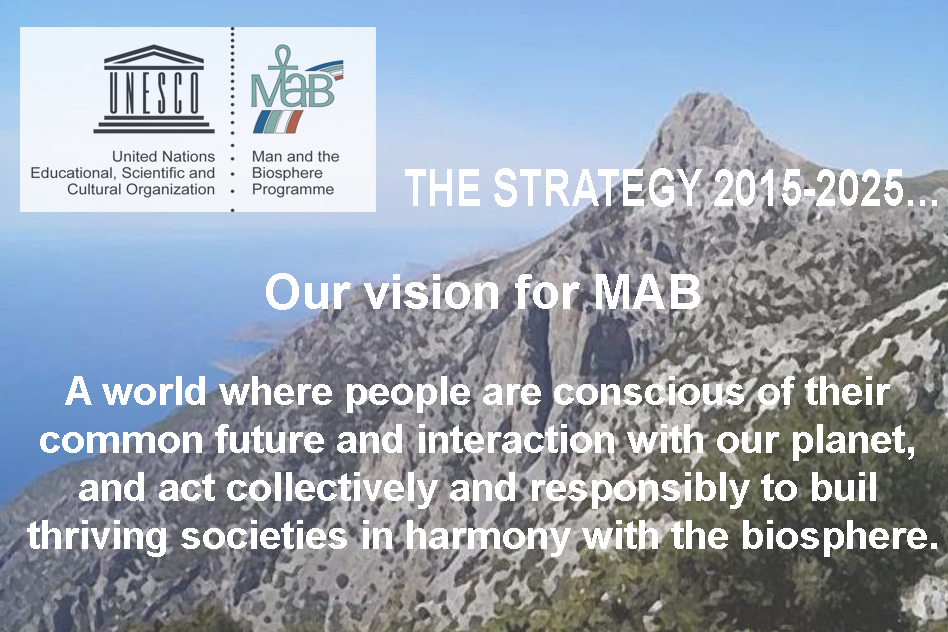
2020: A major part of the Asterousia (Hybrid) University is going virtual!
With the waves of the pandemic hitting us repeatedly, it was impossible to run a full-scale Summer University and welcome international participants in the newly established Asterousia Biosphere Reserve in Crete to experience of the warm Cretan hospitality, beautiful environment, and excellent food.
So, for this year the Hybrid Asterousia University comes in two phases:
- Face-to-face: It took place in early October 2020, restricted to a few trainees, mostly from Crete. Parts of the sessions will be infused in the online course. Read more on the face-to-face events.
- Online: A three-week online course on management of Biosphere reserves and other designated areas will combine asynchronous sessions (self-paced) and synchronous ones (weekly live meetings). Read more on the online e-course.
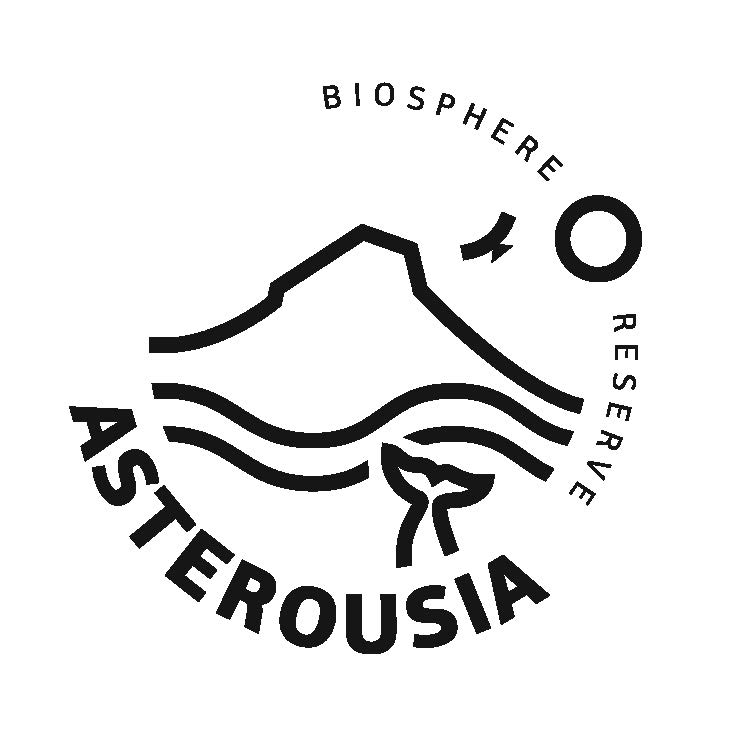
Organisers / supporters
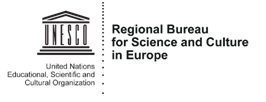
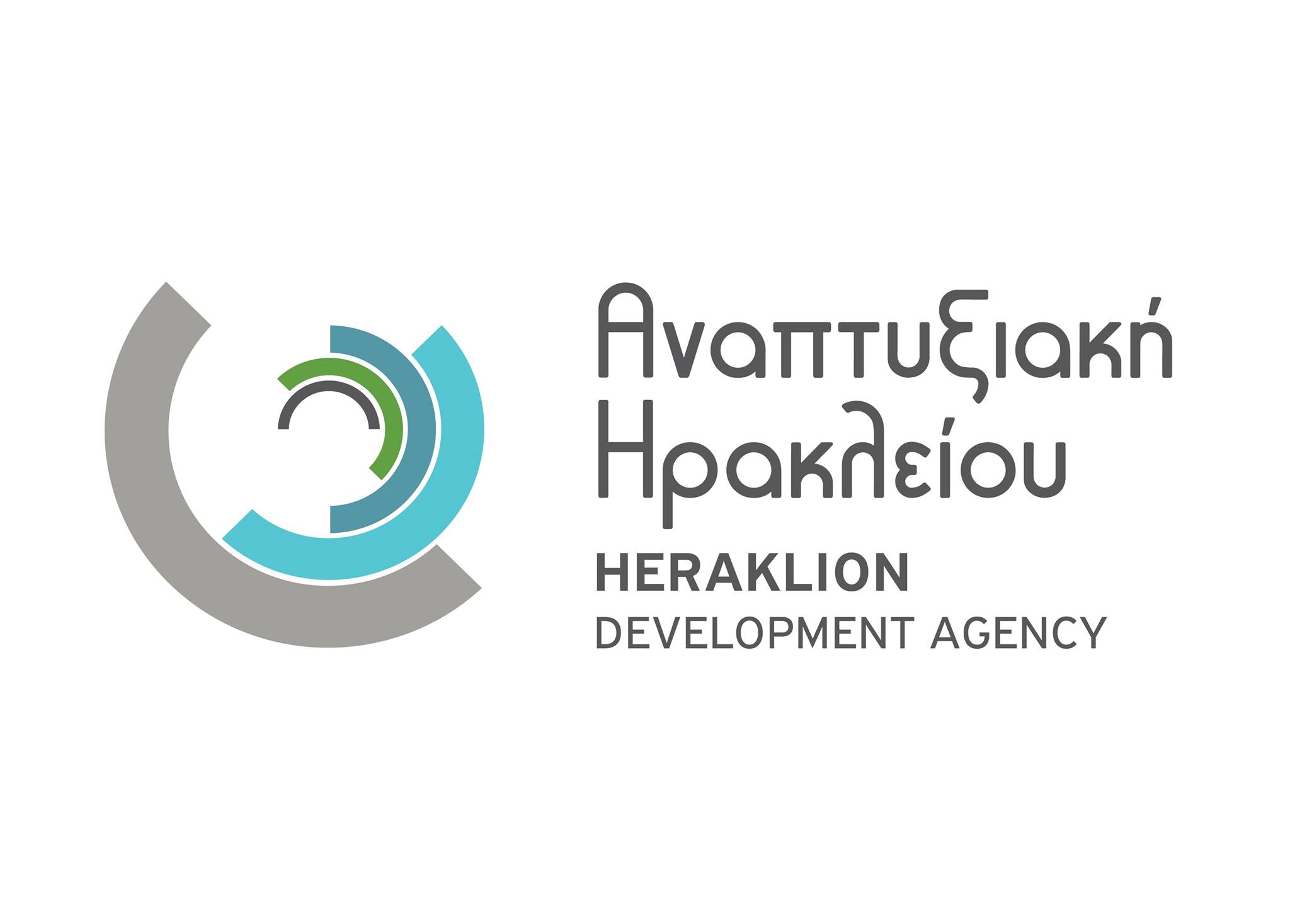
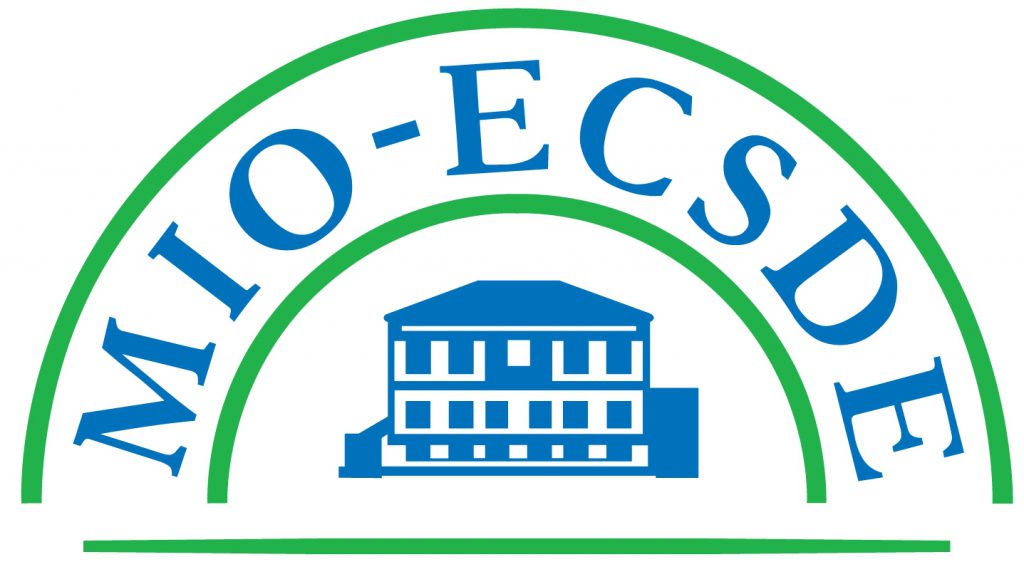


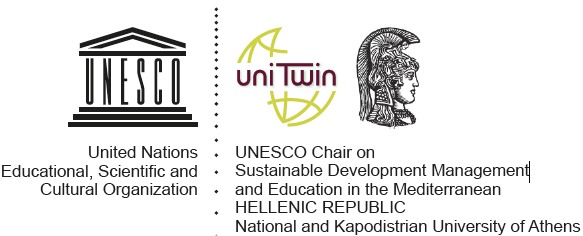
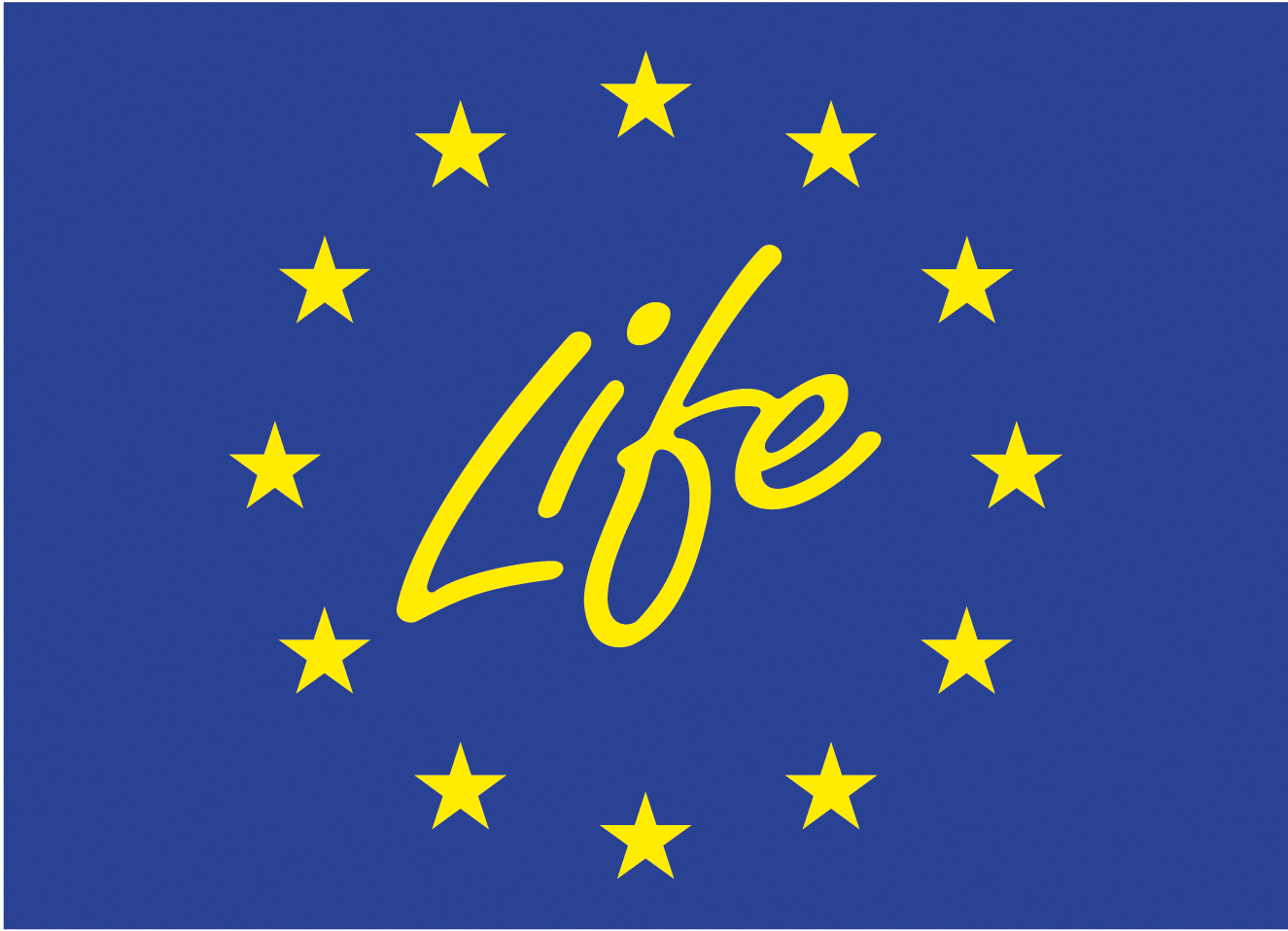



The Asterousia Hybrid University is co-organised and supported by: MIO-ECSDE/MEdIES Secretariat, the UNESCO Regional Bureau for Science and Culture, the Heraklion Development Agency, the Prefecture of Crete, the Asterousia Management Committee, the UNESCO Chair and Network on Sustainable Development Management and Education in the Mediterranean, and the Greek National Committee for MAB/UNESCO, with the contribution of the LIFE Programme of the European Union and of the Green Fund of Greece.
Online course in a nutshell
When: 30 November – 20 December 2020: The three-week online course combines asynchronous (self-paced) and synchronous sessions (weekly live meetings).
Commitment: The total training time for learners is ~ 15 hours (5 hours weekly commitment).
For whom: Post graduate students, young scientists, educators and managers of Biosphere Reserves and other designated areas. Priority will be given to applicants from European, and Mediterranean countries.
Size: aprox. 200 online learners.
Language: English
Certification: Learners who complete 80% of the course assignments will get a certificate co-signed by the UNESCO Venice Office and the University of Athens UNESCO Chair & Network on Sustainable Development, Management and Education in the Mediterranean.
Cost: Thanks to the kind contribution of the supporters the course was free for the online learners.
Follow up: The e-course may be repeated, or transformed to an entirely self-paced version.
Learning Goals
What do learners gain from the online course?
- A better understanding of Biosphere Reserves as beacons of sustainability, and ideal places to apply the SDGs and the Agenda 2030, amid a pandemic.
- Access to examples of successful preparation and nomination to become a BR.
- A range of strategies and methods for effective management, branding, and communication in BRs, other designated areas and Culture related agencies.
- Access to examples and initiatives for a greater role of youth in management.
- A better understanding of why Education for Sustainable Development (ESD) with today’s challenges needs to be further strengthened, and why.
- Access to a wealth of online resources.
- Networking with people with similar interests and concerns.
Learning content
The online course will entail multimedia forms of learning content including:
- Following video lectures from invited international experts (UNESCO/MAB, UNESCO Venice Office, EU, and eventually UfM, UN Environment Programme, etc.)
- Studying existing online material (videos, toolkits, ppts), that examine cases of effective BR management within the SDGs context.
- Video interviews & consultations with people from the newly established Asterousia BR .
- Attending the three foreseen live 1.5 hr long sessions with the experts and the entire learner group (offered once a week).
